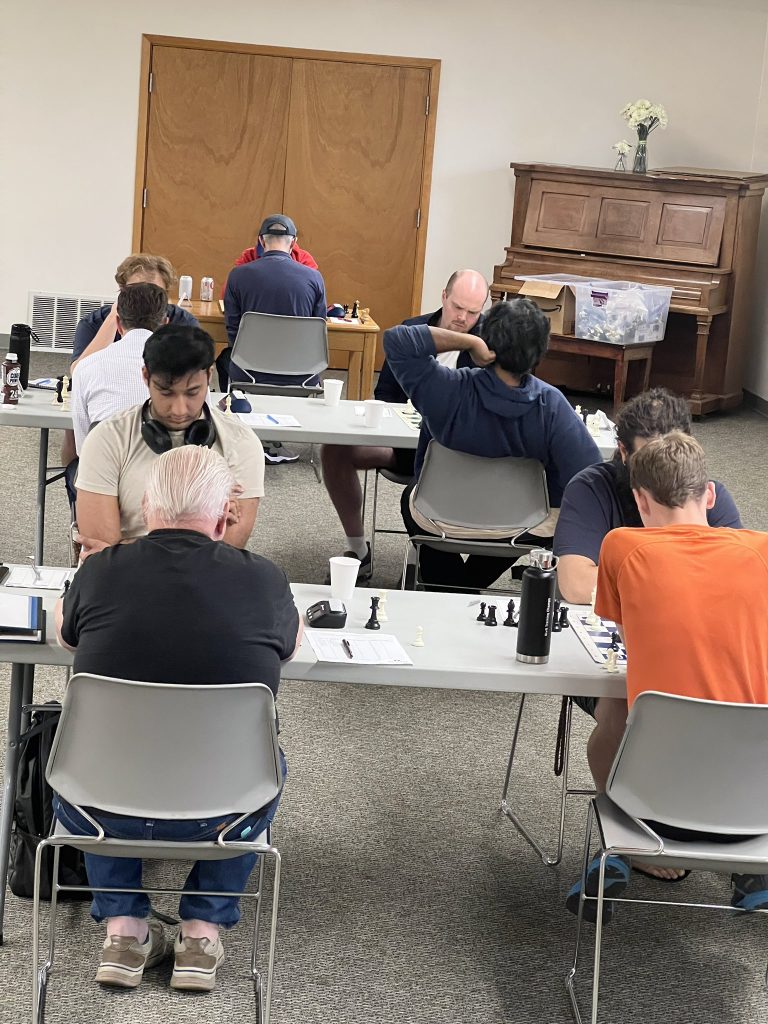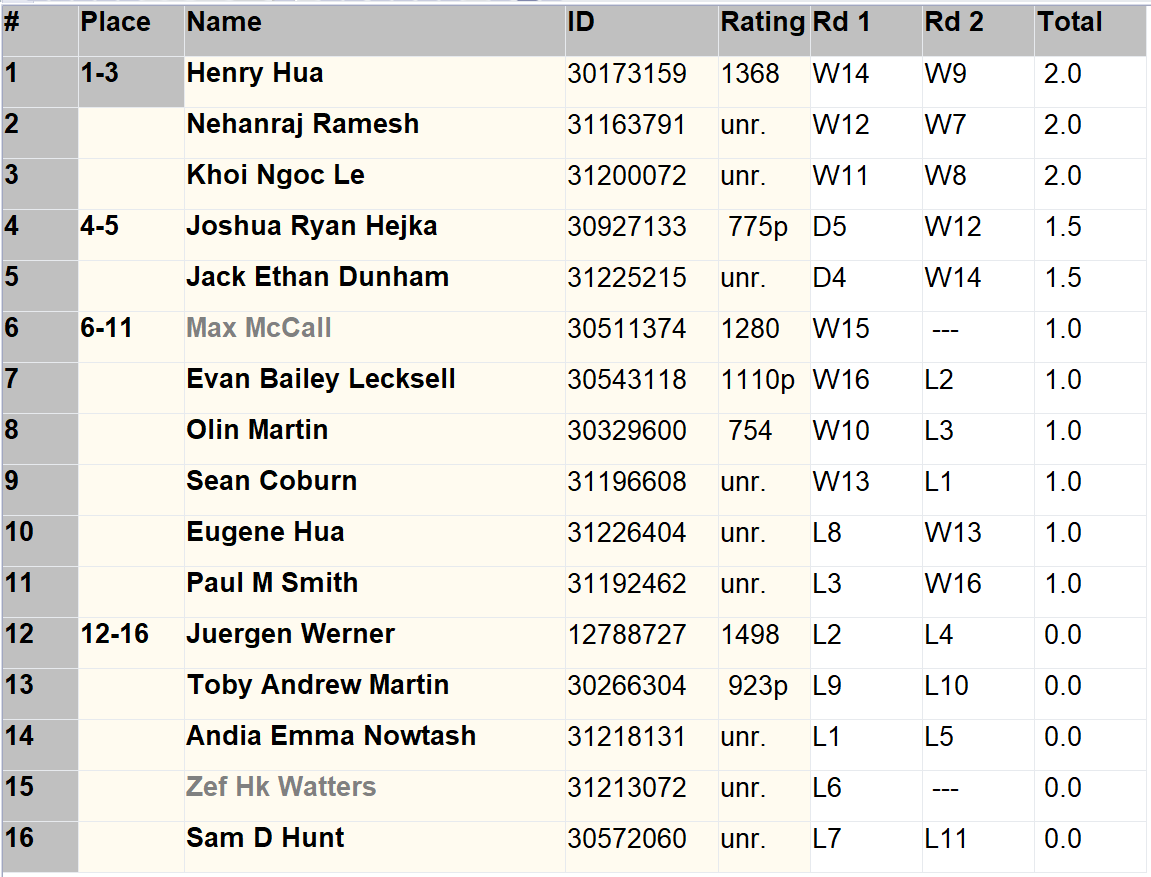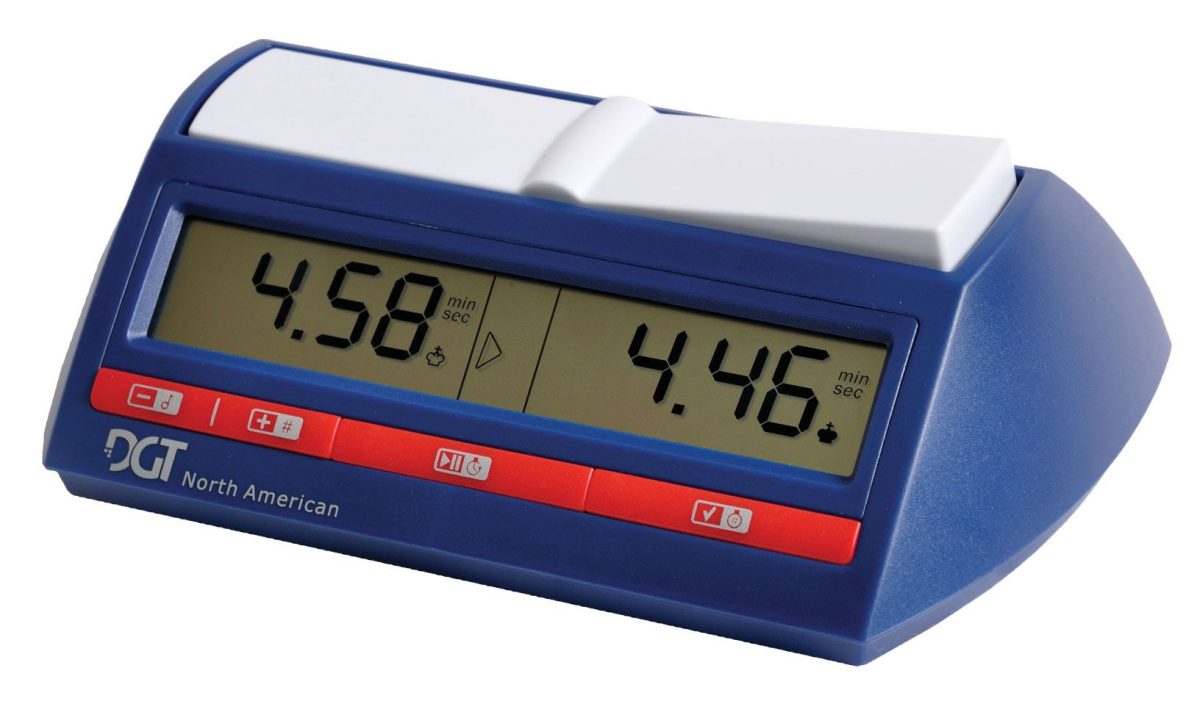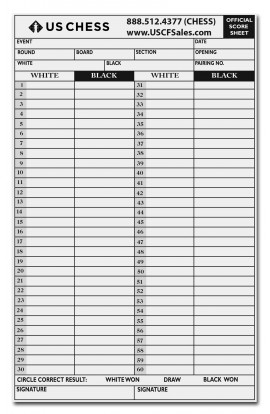Ten players came out for Classical Chess Night on Thursday, September 7th. USCF rated, totally free!
G/60+15
Go to our Events Page to catch the next one, and all the other events we put on down in Des Moines, WA!

Ten players came out for Classical Chess Night on Thursday, September 7th. USCF rated, totally free!
G/60+15
Go to our Events Page to catch the next one, and all the other events we put on down in Des Moines, WA!

All of the chess events for August 2023 are on the Events Page – give them a look!
Reminder: Registration opens the weekend before the Thursday event is scheduled. This is so people have ample time to sign up but don’t sign up a month out and fail to show up.
See you at the club! Remember, casual Saturdays are still going on at Marina Mercantile.

We had 16 total players for tonight’s mini-swiss, dual-rated event! Congratulations to the following players who got a perfect 2.0/2.0 in their two games:
We’ll see you next week for Classical! We shortened up the time control to G/60; d30. Still one single slow game.
For pictures of the event, check out our Facebook page!

The US Chess Federation website isn’t too clear on the differences in the three time controls that show up on your page:
For those used to online play and the time control categories there, the USCF time control descriptions map this way:
OK, that’s great. But what specific time controls correspond with these descriptions? Here’s a breakdown of what USCF Regular, Quick, and Blitz mean.

South Sound Chess provides official two-copy US Chess Federation scoresheets for our players at no charge.
These scoresheets allow you to write in pen on the top page and have a copy made on the backing sheet, which is typically yellow. After the game, both players sign the other’s sheet, circle the result, and both players submit their yellow sheet to the Tournament Director while keeping the top white scoresheet for themselves.
So… what’s notation all about?